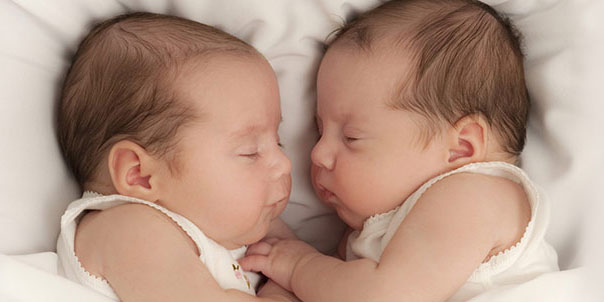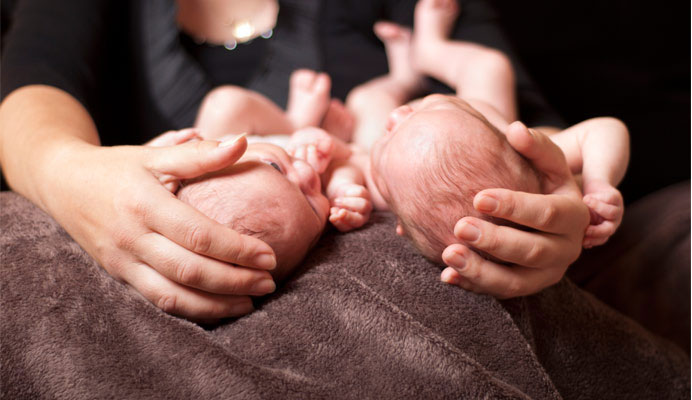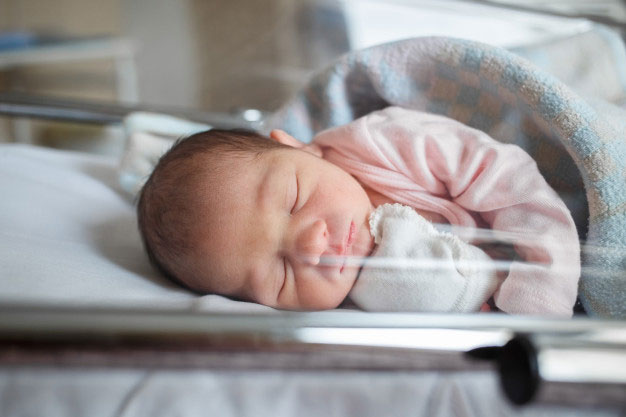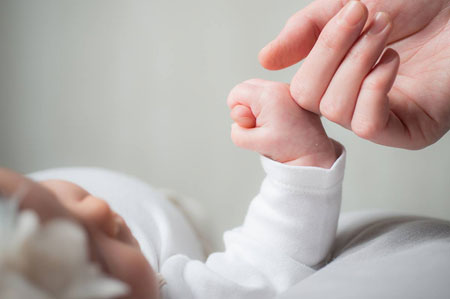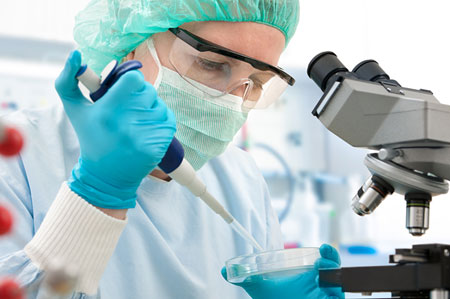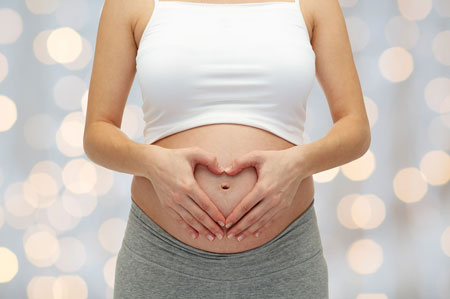Egg Freezing Proccess
Egg freezing is for women who are not yet ready to have a child due to personal reasons but would like the opportunity at a future time in their life. Egg freezing is ideal for women that will be going to undergo chemotherapy or radiation therapy.
The steps involed in egg freezing are very similar to IVF treatment. The difference is once the eggs are retrieved they are preserved for future use by the patient for when she is ready to plan her family.
Sperm Freezing
Sperm freezing is as a medical fertility preservation option for men. If the male patient needs to have treatment for cancer that may affect his fertility, there are options available to ensure they can still have children in the future. Men who have to travel overseas or work in dangerous situations may also want to have their sperm frozen for use in the future.
Chemotherapy and radiotherapy can affect your sperm production, sometimes this is temporary but in other cases it may be permanent. Once your treatment begins, it may be too late to collect and preserve your sperm as it may already carry genetic damage.
Before you begin chemotherapy or radiotherapy treatment, some of your semen, containing sperm, can be frozen and kept until you wish to start a family.
How is sperm freezing done?
We collect samples in a private room in the Andrology unit, so our Sago IVF specialists can prepare and freeze the sperm as fast as possible. If you are unable to give semen or if there is no sperm in the semen, due to illness, we may be able to collect sperm directly from your testicles using methods such as TESE, TESA or Micro-TESE, we can then use this sperm later in an IVF ICSI treatment.
Once the sperm is collected, it is mixed with a protective solution and the temperature is gradually reduced. We will then arrange for the sperm to be stored and kept for you as long as you wish.
Embryo freezing
Embryo freezing is the left over embryos from their previous treatment which has been preserved for future IVF treatments. This is often decided by the couples undergoing IVF treatment where the excess embryos that is not being transferred to the uterus and is being used for a future transfer when couples are ready.
The advantage of using the frozen embryos is that the women does not need to undergo the ovulation injections all over again.
Embryo freezing is also suited for couples who wish to have a family in the future, therefore they freezing their fertilized embryos.
Embryo freezing is also suitable for young patients that do not want to have children when in their young age but would like to have children when they are ready to do so.
Once the patient is ready to transfer their frozen embryos (FET) The female patient first of all has her hormone blood test done along with a baseline scan to check her endometrial lining to see the thickness of the lining. Once the doctor has analyzed the results, the doctor will design a treatment protocol for the female patient to prepare her uterus for the embryo transfer. The treatment will be for 18 to 20 treatment before the embryo is transferred. The frozen embryo is thawed on a certain day and transferred to the uterus on a certain day.


